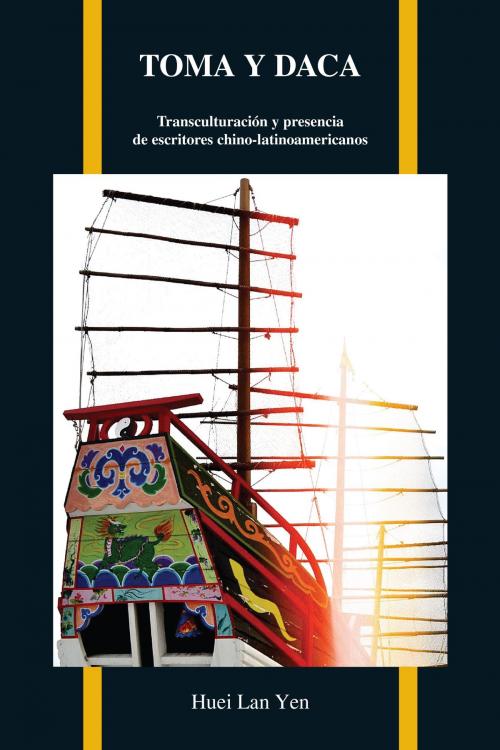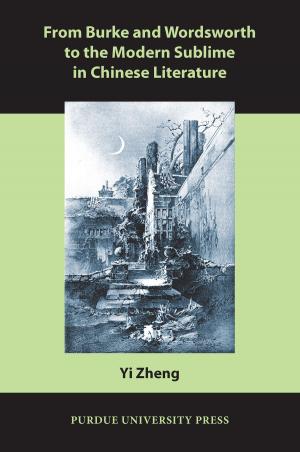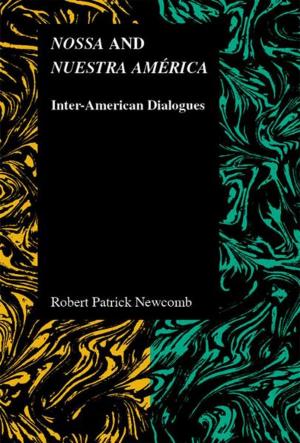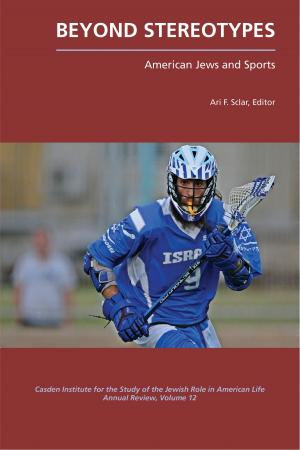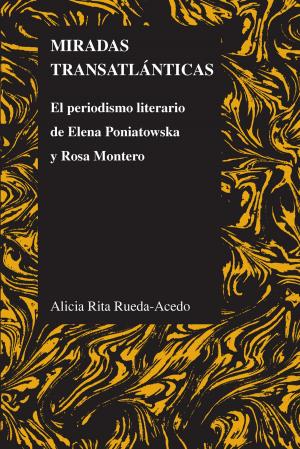Toma y Daca
Transculturación Y Presencia de Escritores Chino-Latinoamericanos
Fiction & Literature, Literary Theory & Criticism, Asian, Far Eastern, Central & South American, Anthologies| Author: | Huei Lan Yen | ISBN: | 9781612494654 |
| Publisher: | Purdue University Press | Publication: | August 15, 2016 |
| Imprint: | Purdue University Press | Language: | Spanish |
| Author: | Huei Lan Yen |
| ISBN: | 9781612494654 |
| Publisher: | Purdue University Press |
| Publication: | August 15, 2016 |
| Imprint: | Purdue University Press |
| Language: | Spanish |
In the mid-1800s, tens of thousands of Chinese workers migrated to Cuba, Peru, Mexico, and Panama in search of a better life. As they and their descendants assimilated into their new host countries, they contributed significantly to the economies of these countries through their work in agriculture, transportation, and other industries. However, through the years and throughout their work and assimilation, they also made distinguished literary, artistic, religious, and political contributions to the cultural heritage of the region.In this seminal in-depth study of the Chinese-Latin American literary tradition, Huei Lan Yen examines how first-and second-generation Latin American writers of Chinese and mixed-race Chinese descent relied upon literature to reconstruct, reevaluate, and renegotiate their cultural identities. Yen then argues that it is through the lens of their literary output that we can best understand the intricacies and tensions of the East-West transculturation process of nineteenth-century Latin America.Prior studies have treated Chinese-Latin Americans as characters. However, this is the first sustained study of the work of Chinese-Latin American authors. Explicating the unique interplay of aspects of Chinese culture, such as Confucianism and Taoism, with dominant Latin American cultures, Yen reveals Chinese-Latin American literature as having an aesthetically complex and sophisticated tradition with a specific cultural flavor of its own.
In the mid-1800s, tens of thousands of Chinese workers migrated to Cuba, Peru, Mexico, and Panama in search of a better life. As they and their descendants assimilated into their new host countries, they contributed significantly to the economies of these countries through their work in agriculture, transportation, and other industries. However, through the years and throughout their work and assimilation, they also made distinguished literary, artistic, religious, and political contributions to the cultural heritage of the region.In this seminal in-depth study of the Chinese-Latin American literary tradition, Huei Lan Yen examines how first-and second-generation Latin American writers of Chinese and mixed-race Chinese descent relied upon literature to reconstruct, reevaluate, and renegotiate their cultural identities. Yen then argues that it is through the lens of their literary output that we can best understand the intricacies and tensions of the East-West transculturation process of nineteenth-century Latin America.Prior studies have treated Chinese-Latin Americans as characters. However, this is the first sustained study of the work of Chinese-Latin American authors. Explicating the unique interplay of aspects of Chinese culture, such as Confucianism and Taoism, with dominant Latin American cultures, Yen reveals Chinese-Latin American literature as having an aesthetically complex and sophisticated tradition with a specific cultural flavor of its own.
